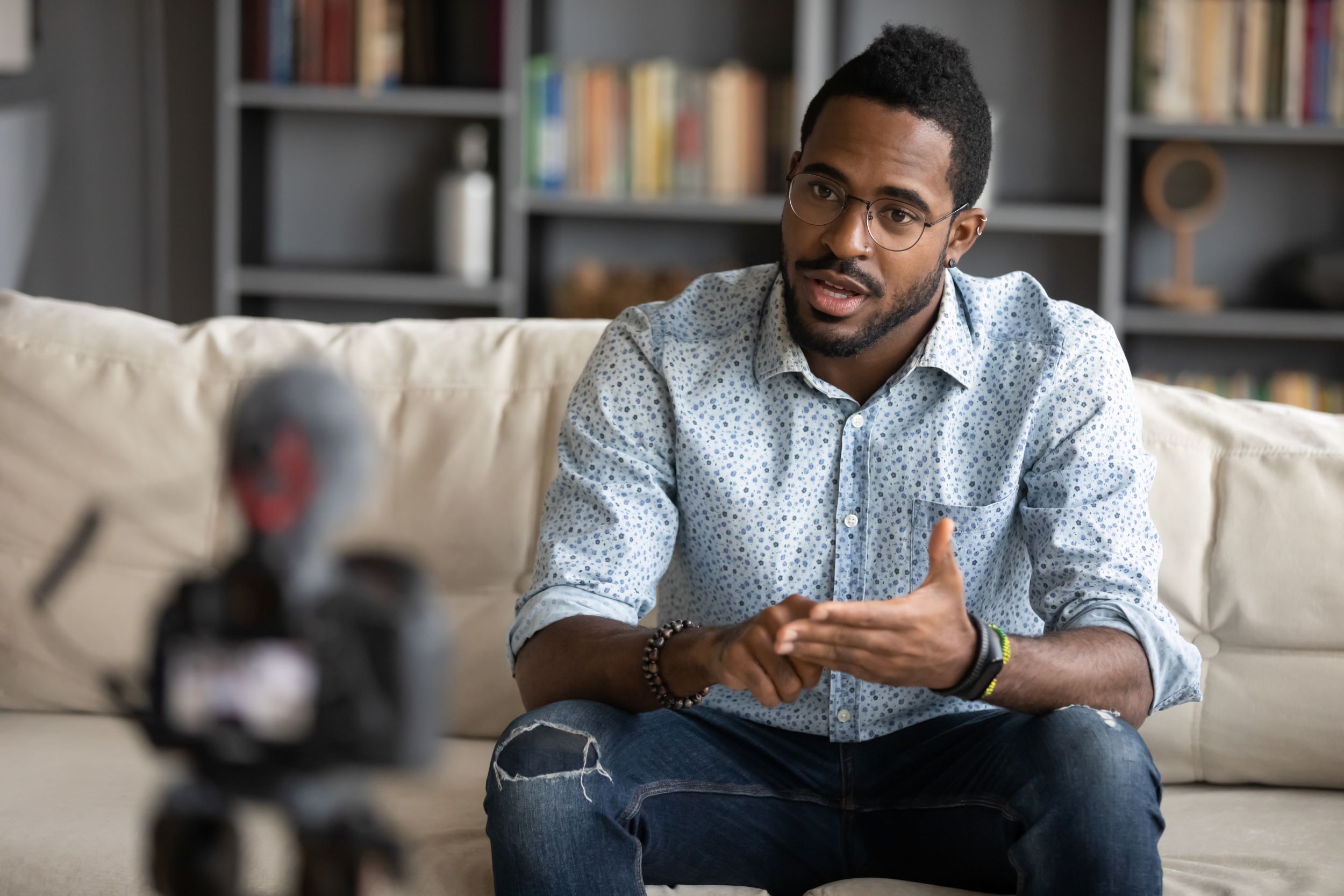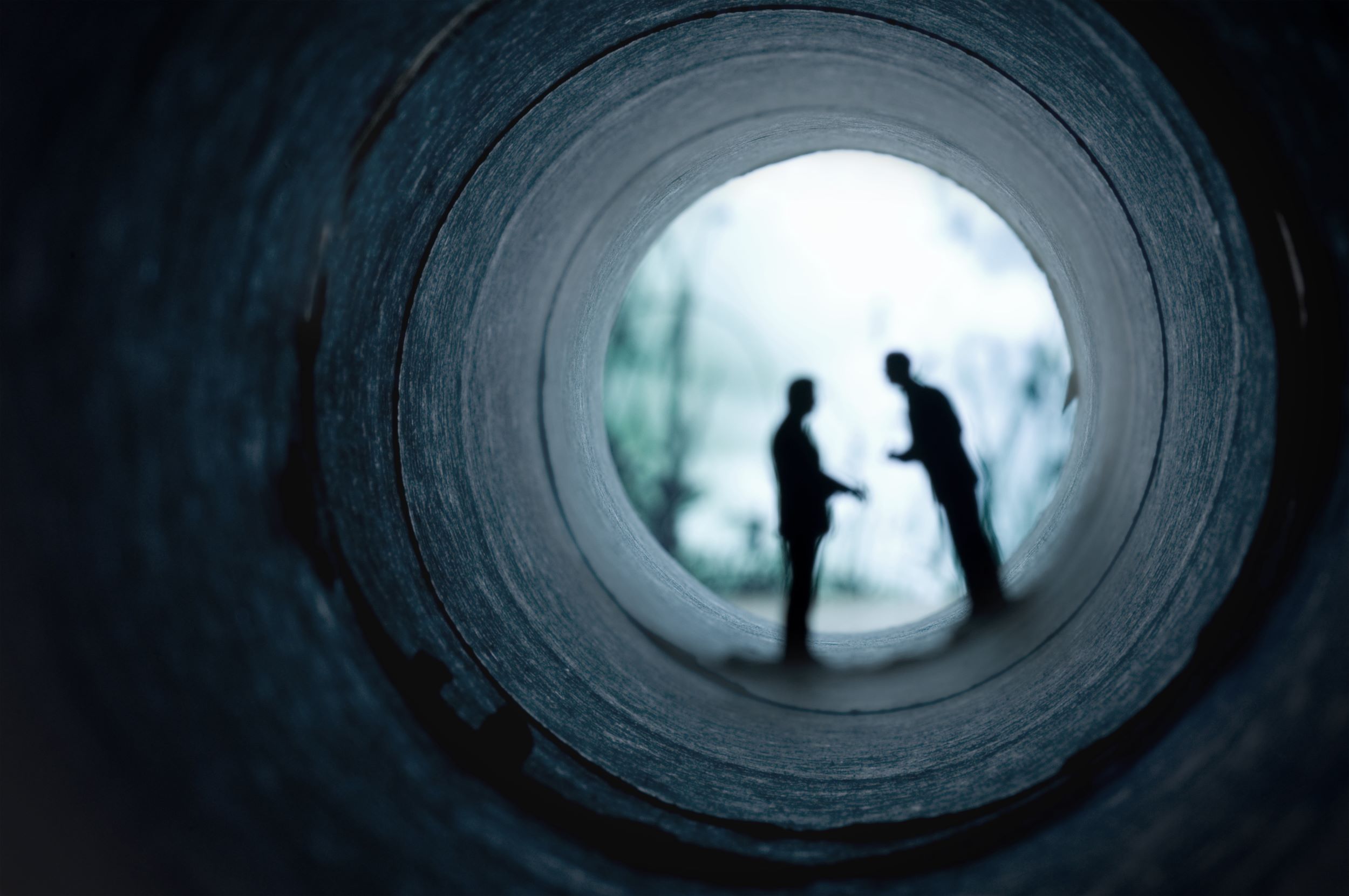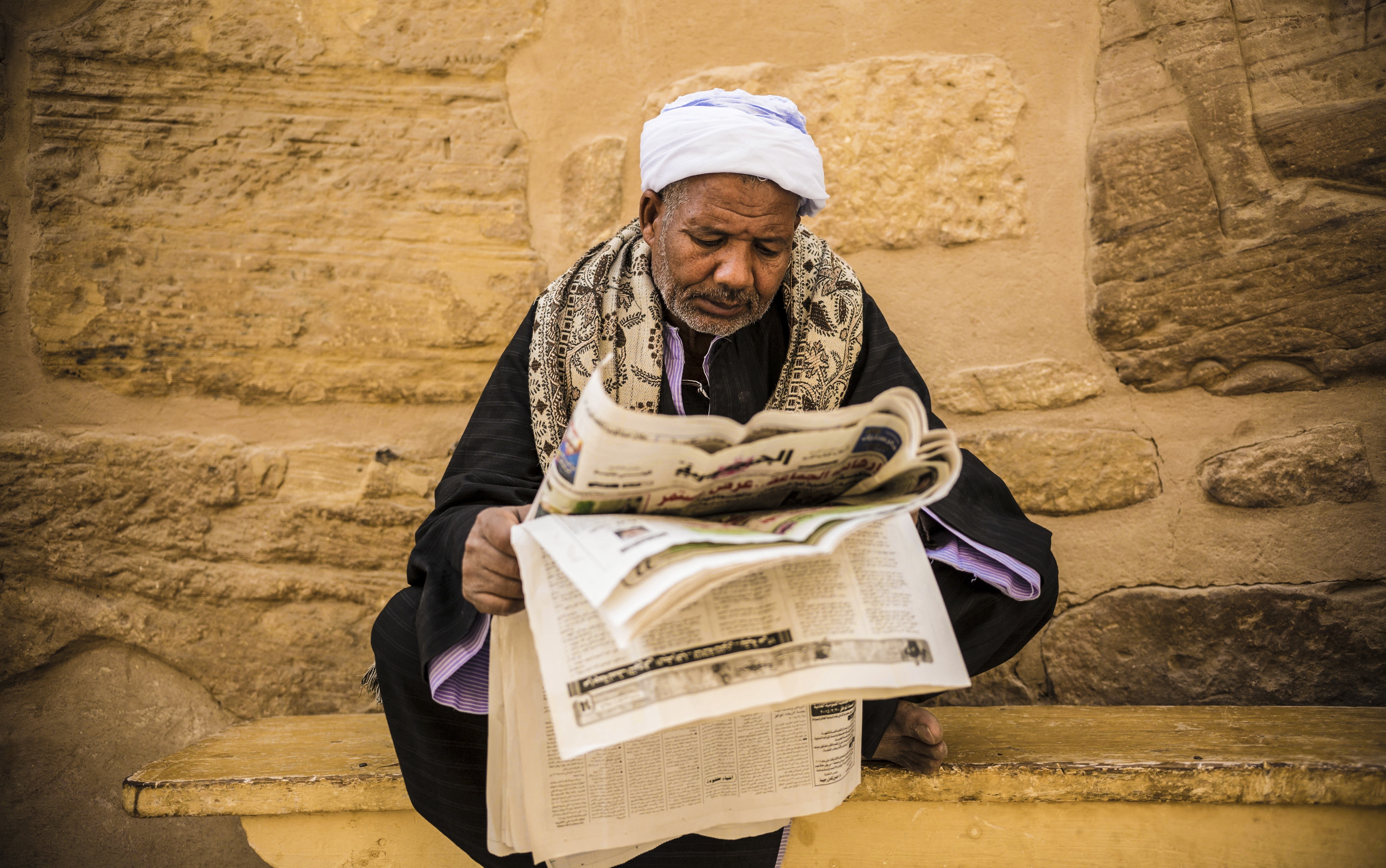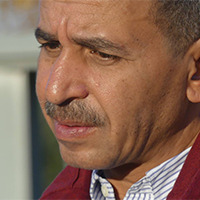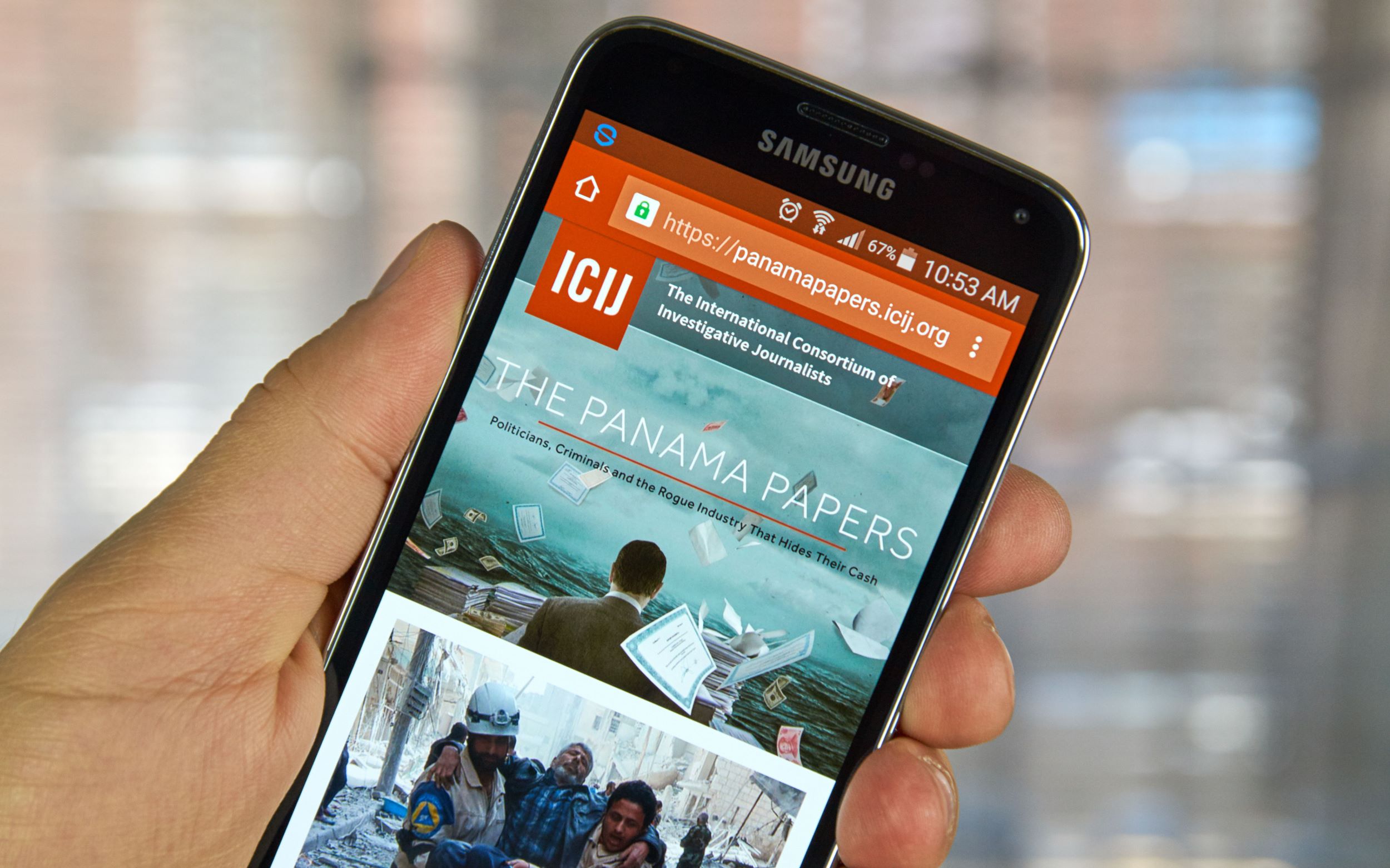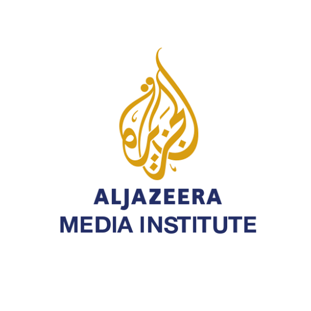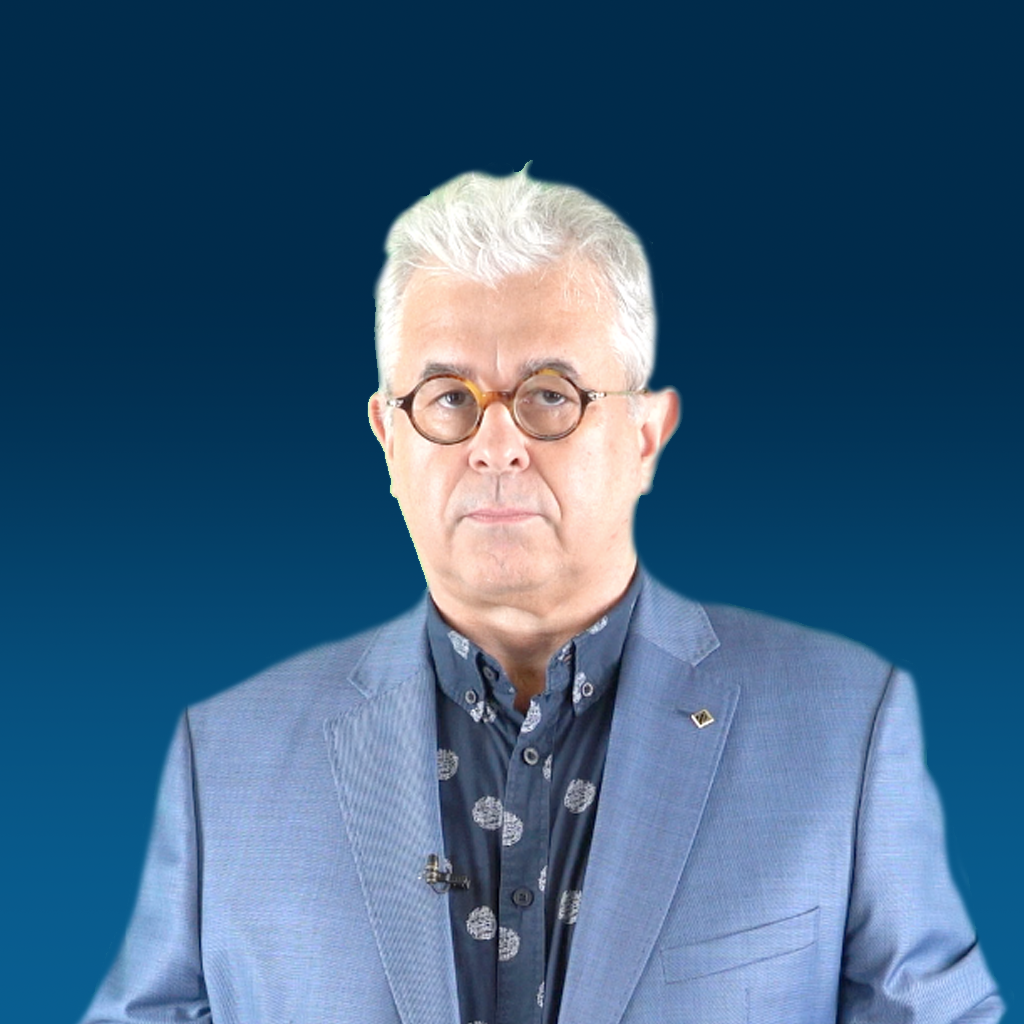A few weeks ago, Carla Bruni, wife of former French president Nicolas Sarkozy, was seen removing the Mediapart logo from view. The moment became a symbol of a major victory for investigative journalism, after the platform exposed Gaddafi’s financing of Sarkozy’s election campaign, leading to his prison conviction. In this article, Edwy Plenel, founder of Mediapart and one of the most prominent figures in global investigative journalism, reflects on a central question: what does it mean to be an investigative journalist today?
Investigative Journalism: The True Essence of the Craft
What we call "investigative journalism" is, in truth, the very heart of journalism itself. It is a form of reporting that fully embraces, and not without risk, the core mission of this profession: serving the public. That’s why, before we can answer any specific question about investigative journalism, we must first agree on what journalism as a whole is, what it stands for, what its purpose is, and the responsibilities it carries.
What is journalism for? What social value does it provide? What is its professional ideal?
Journalism Exists in Service of Knowledge
At its core, journalism upholds a fundamental right: every human being has the right to know what is being done in their name, to be informed about matters of public interest and those that affect their daily lives. Free access to knowledge about the present, inseparable from an understanding of the past, is essential for the exercise of both individual and collective freedoms. Without it, we are left in darkness, deprived of the light that enables us to act as free and autonomous individuals. In such a void, we become blind, trapped by the lies, illusions, and deceptions spun by propaganda, ideologies, and dogma.
This right to information is the foundation that supports all other human rights. Its importance was made clear more than two centuries ago during the French Revolution. Two weeks before the adoption of the Declaration of the Rights of Man and of the Citizen on August 26, 1789, which famously declared that “men are born and remain free and equal in rights”, the first Mayor of Paris and former President of the National Assembly proclaimed, on August 13, that “publicity is the safeguard of the people.” Here, "publicity" doesn’t refer to commercial advertising, but to the act of making public all matters of public interest.
In other words, for people to win, defend, or even imagine their rights, they must first be informed. They must be free to access the information that concerns them. This is what protects them, hence the word “safeguard.” At the end of the 18th century, when this principle was articulated, equality of rights was still a distant dream. Hereditary privilege reigned. There were no voting rights, no social protections. Slavery continued, enriching colonial powers like France. Women remained legally and socially subordinate. The rights of colonized peoples were systematically denied, a reality that would persist well into modern times.
To highlight this is to stress a crucial point: in the long struggle for freedom and human dignity, the right to information is central. This is precisely why authoritarian regimes, regardless of their ideology or origin—so often target journalists first, even before going after political dissidents. All forms of conservatism, especially those rooted in inherited power, wealth, or status, fear truths that might expose or undermine them. They long for a world that remains fixed and unquestioned, a world where nothing changes. But the free flow of knowledge threatens that stasis. It invites transformation. It challenges inevitability. It empowers people to question injustice, resist oppression, and imagine a different future.
To Inform is not to Produce Opinions
To be a free and autonomous individual implies having access to knowledge and information. Beyond formal schooling, once one has reached adulthood, this access is achieved through this popular university, open to all without restriction, that is the news media. It is thanks to these that I can find my way amid an uncertain and unstable world that is in perpetual motion, and where certainties are shaken and convictions challenged. But this requires that they be faithful to their primary mission: to produce information, that is, factual truths.
Journalism is not the expression of opinions. It is true that the viewpoint, the editorial or the commentary are part of the journalistic toolkit, but this does not define our profession. Having opinions is not unique to journalists, for we all, regardless of our job and our milieu, have opinions which could be reasonable or otherwise excessive, relevant or delusional, responsible or provocative, etc. But the reign of mere opinions does not provide access to knowledge and understanding. It can even descend into a dictatorship of opinions, provoking a war of all against all where everyone uses their conviction, their prejudice or their belief to reject, condemn or disqualify the other, not hear out their arguments, and not heed their objections.
Journalism is not merely the expression of opinion. While opinion pieces, editorials, and commentary are part of a journalist’s toolkit, they do not define the profession itself. Holding opinions is not a privilege unique to journalists, every person has opinions, regardless of their job or status. These opinions may be rational or extreme, thoughtful or delusional, responsible or provocative. But when opinion dominates journalism, it does not open the door to knowledge. On the contrary, it can lead to a "dictatorship of opinion.
Yet, the responsibility of journalism also lies in compelling us to think against ourselves: to force us to confront truths that disturb us because they reveal to us realities which we had been unaware of or which we were reluctant to acknowledge. The worst enemy of truth is not falsehood, but conviction, that veil of certainty which prevents us from seeing part of reality, the part which does not accord with our prejudices. Therefore, journalism’s immense, difficult and painful mission is to provide us with information—verified, cross-checked, sourced—which constitutes factual truths that make up the puzzle of reality. And the most precious truths will be those that will compel us to open our eyes to what we refuse to see.
This requirement is more urgent than ever. In the age of social media and the American monopolies that control them and the instant communication they facilitate, the danger lies in the overwhelming of information by opinion. This, today, is the cunning used by unjust, oppressive and dominating powers. It has been theorized by the forces that support Donald Trump. “Flood the zone with shit,” thus unhesitatingly recommended with his characteristic crudeness and violence the North-American fascist ideologue Steve Bannon. This means destroying the truth of facts through the dictatorship of the most transgressive, radical, insane, delusional and conspiratorial opinions. This is what Donald Trump himself euphemistically called “alternative facts” —that is, outright lies.
The Most Novel Information is the Most Useful
Access to novel knowledge increases our freedom of choice and of action. By making us less dependent on our certainties, it frees us from the constraints that hold us back. By revealing to us realities which we were unaware of or worlds which we did not know, it sets us in motion, pulls us out of apathy or indifference, awakens us and rouses us. Therefore, the most useful information will be that which opens up unimaginable possibilities, improbable horizons and unthinkable promises.
It is in this sense that what we call investigative journalism is at the heart of the professional ideal of news professions. Through field investigations, the search for unspoken secrets, and the unveiling of forbidden truths, it exposes what state, economic or ideological powers conceal in order to protect their private interests from public scrutiny. This is how it reveals the contradictions between words and deeds, the breaches of integrity and ethics, the corruption that is sheltered by power, the abuses of power and conflicts of interest, the criminal acts concealed by the lies of propaganda, etc.
The most dangerous enemy of truth is not lies, it is blind conviction: that veil which prevents us from seeing the parts of reality that challenge our preconceived beliefs. That is why the noble and demanding mission of journalism is to provide us with accurate, reliable, and well-sourced information, pieces of a mosaic that make up the broader picture of reality. And the most valuable truths are those that force us to confront what we once refused to see.
To practice this journalism is to affirm that our profession is not exercised for the benefit of the media owner or the state power, but for the benefit of the public, and the public alone. That is the reason why this journalism goes hand in hand with the uncompromising defense of journalistic independence whose mission of public interest must not be hampered by any private interest. This does not mean that this journalism would be above the law, irresponsible and untouchable. But it means that it reports on its work within this framework of principles that establishes a democratic jurisprudence of information.
Thus, in France, when we are sued by people upset by our revelations, we plead the “good faith” of our work before the courts. This “good faith” means the respect in our investigations of three professional requirements which justify the information revealed: first, the legitimacy of the purpose pursued, in other words, the fact that the information is of public interest (faithful to the right to know), next, the seriousness of the investigation, in other words, the evidence of the investigative work (sources, documents, testimonies, etc.); finally, the consideration for the adversarial principle and moderation in language (concern for the reaction of individuals and institutions involved).
Investigative journalism is inseparable from the unwavering defense of journalistic independence, because its public mission must never be constrained by private interests. This does not mean that journalism is above the law, but rather that it is held accountable within a principled framework, one that establishes a democratic precedent for the role of the media.
Investigative Journalism is Impact Journalism
To reveal is to hold up a mirror to society so that it may truly become conscious of itself, beyond prejudice and ignorance. It is, therefore, to set it in motion by creating a shift in opinions that will open up the realm of possibilities, unsettling fatalities and stagnations of a world otherwise imprisoned in its illusions and lies.
That is the true purpose of journalism, a political actor in the scandal of truth. It lies at the heart of a profession in which the editorial, the commentary or partisanship are not its essential genres. Its primary weapons are the investigation, reportage and analysis. I have searched, I have found, and I will demonstrate it to you. I have seen, I have listened, and I will report to you. I have learned, I have understood, and I will explain to you. Our professional challenge is played out in three fundamental genres, not one more: to give meaning, to help understand, to offer intelligibility, to put in perspective, to illuminate and to deepen.
“A journalist in possession of facts is a more effective reformer than a columnist who simply thunders in the pulpit, however eloquent he may be,” thus summarized at the beginning of the last century Robert Park, American journalist who became an emblematic sociologist at the University of Chicago. The fact that this ideal, both professional and democratic, is akin to the Sisyphus myth, often disappointed and always starting anew, does not, however, wear it out, because it constitutes a basic political lesson to make society vibrant: knowing how to confront difficulties rather than remaining silent about them.
Journalism, the « watchdog of democracy, » as the European Court of Human Rights called it, is not there to lull us to sleep with sanitizing and reassuring good news. Its pedagogy is one of unease and defiance. Just like a school or college student learns by grappling with problems, trying to solve them and to find solutions on his own, the sovereign people progresses by discovering what upsets its expectations, by facing obstacles and striving to overcome them.
From mafia-like corruption cases to sexist and sexual violence, through a thousand other subjects of public interest, this journalism claims and assumes the impact of its revelations.
Gaining access to new knowledge expands our freedom to choose and to act. It loosens our dependence on rigid certainties and frees us from the constraints that bind us. By uncovering hidden truths or revealing unfamiliar worlds, it propels us into motion, lifts us out of apathy and inertia, and awakens our awareness and critical thinking.
Mediapart: A Laboratory for Journalism Under Threat
Founded in March 2008, Mediapart is an online news outlet which relies solely on reader support. No state subsidies, no private patronage, no advertising revenues, and no capitalist shareholders: this enterprise which has been highly and uninterruptedly profitable for the last fourteen years, survives only on subscriptions, its only source of income. Today, it is firmly established as the third French daily news outlet behind Le Monde and Le Figaro, and its financial independence is protected by a non-profit structure, the “Fund for a Free Press” (“Fonds pour une presse libre”), which controls it.
Mediapart owes this entrepreneurial success to the unwavering defense of this investigative and impact journalism, in the face of all powers without exception, political or economic. Our numerous revelations, of which the most well-known is the Libyan funding affair which has now brought a prison sentence for former French President Nicolas Sarkozy, have resonated with the public because we have stood for the value of information. This value is at the same time political (the demand of democracy) and professional (the demand of truth).
But this success should not delude us: what we stand for is now under attack from all sides by state powers and economic forces that detest freedom because it threatens their privileges. Rather than complain, let us heed these attacks as compliments: they show how this journalism of public interest is at the forefront of people’s struggle for sovereignty.
If one final, albeit immensely tragic, proof were needed, it would be provided by the historically unprecedented massacre of Palestinian journalists murdered by the Israel army in Gaza. These colleagues died because their work, by serving the truth of facts, exposed the ongoing crime against humanity. It is a truth that their assassins failed to kill: world opinion and international justice know that a genocide has taken place in the Gaza strip.
They did not die in vain. The least I could do to honor their memory is to dedicate this plea in defense of our shared profession to them.
Translated by Mohamed Daoudi




